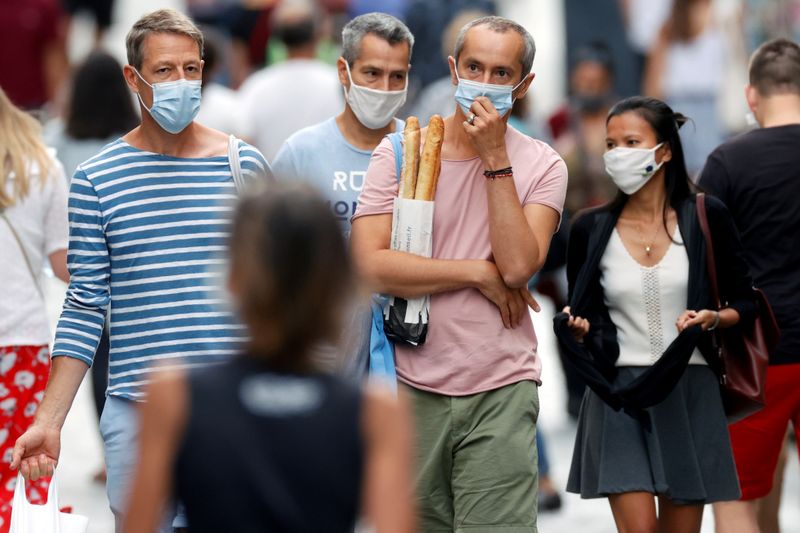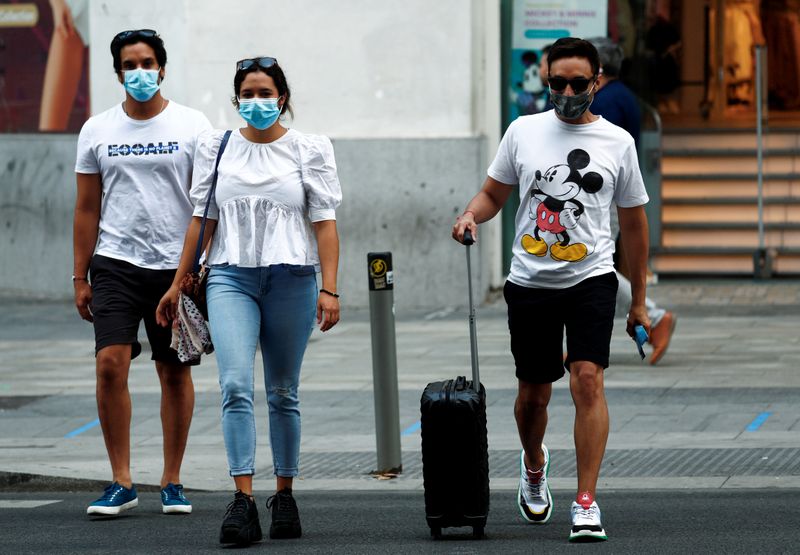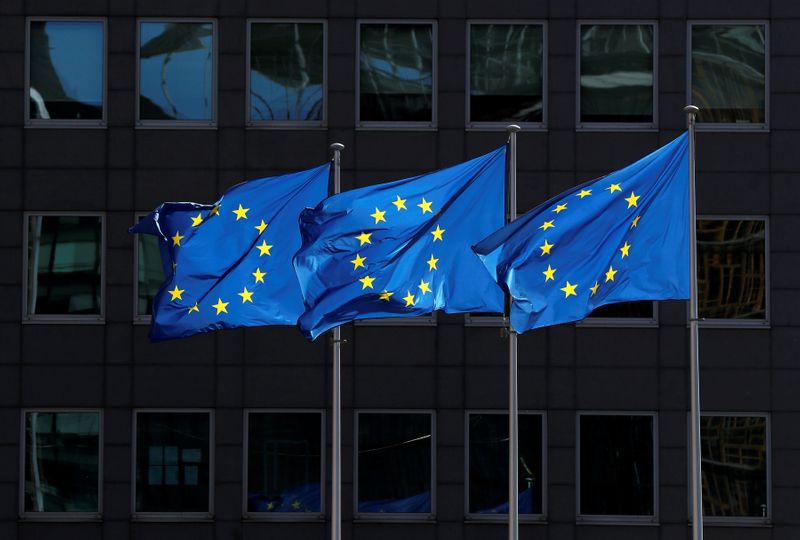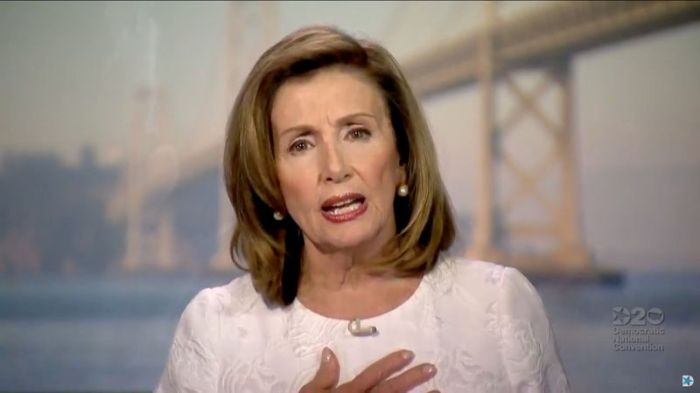LONDON (Reuters) – The euro zone’s rebound from its deepest economic downturn on record faltered in August, surveys showed on Thursday, with some countries in the bloc suffering more than others from restrictions imposed to limit the spread of the coronavirus.
Overall growth in the dominant service industry – which has been harder hit than manufacturing from lockdown measures – almost ground to a halt, suggesting the long road to recovery will be bumpy.
Last quarter the bloc’s economy contracted 12.1% as lockdowns led to businesses being shuttered and citizens staying home, official data showed.
A Reuters poll last month predicted a bounceback this quarter with growth of 8.1% but said a full recovery would take two years or more. [ECILT/EU]
But as infection numbers have risen some restrictions have been re-imposed, and IHS Markit’s final Composite Purchasing Managers’ Index, seen as a good gauge of economic health, suggested the economy was still floundering.
It sank to 51.9 last month from July’s 54.9 – close to the 50 mark separating growth from contraction, albeit slightly better than an initial flash reading of 51.6. The services PMI fell to 50.5 from 54.7, better than its flash reading of 50.1.
“The recovery is already cooling down a little bit and it is very uneven among countries. Some countries like Germany have performed relatively well and other countries like Spain and to a lesser extent France are sending more worrying signs,” said Daniela Ordonez at Oxford Economics.
While Germany’s services PMI fell, it nevertheless remained relatively healthy. French business activity growth also eased, with new orders stagnating as the euro zone’s second-biggest economy battled the disruption to trade caused by the pandemic.
On Thursday, the French government detailed its 100 billion euro stimulus plan to erase the economic impact of the coronavirus crisis over two years, lining up billions of euros in public investments, subsidies and tax cuts.
Meanwhile the services PMIs for Italy and Spain, both of which rely heavily on tourism, dropped back below the breakeven mark as travel restrictions put in place by many European countries have hit the summer season.
Greece’s economy, also largely reliant on tourism, contracted 14% last quarter, official data showed on Thursday.
In Britain, outside the currency union, the composite PMI was at a six-year high but job losses accelerated in a bleak sign ahead of the closure of the UK government’s coronavirus furlough scheme at the end of next month. [GB/PMIS]
WEAK DEMAND
Demand stuttered across the currency union, despite firms cutting prices, and headcount was reduced for a sixth month.
Inflation turned negative last month for the first time since May 2016, official data showed on Tuesday, and the composite output price index remained below the 50 line at 48.5. That was below a flash reading of 49.0 but above July’s 48.1.
The European Central Bank would like inflation just below 2% and has already bought record amounts of debt to keep borrowing costs down and support the economy.
ECB Chief Economist Philip Lane recently warned complacency risked entrenching low inflation and reducing price growth expectations, making it even more difficult for the ECB to deliver on its target. Some economists took his words as a hint the bank is preparing to expand stimulus even further.
“It depends on how inflation goes but it is reassuring the ECB is ready to act … and the pressure is increasing on the ECB to act,” Ordonez said.
That extra support may be needed as the new business index for the service sector fell below 50 to 49.8 from July’s 51.4.
(Reporting by Jonathan Cable; Editing by Hugh Lawson)




























